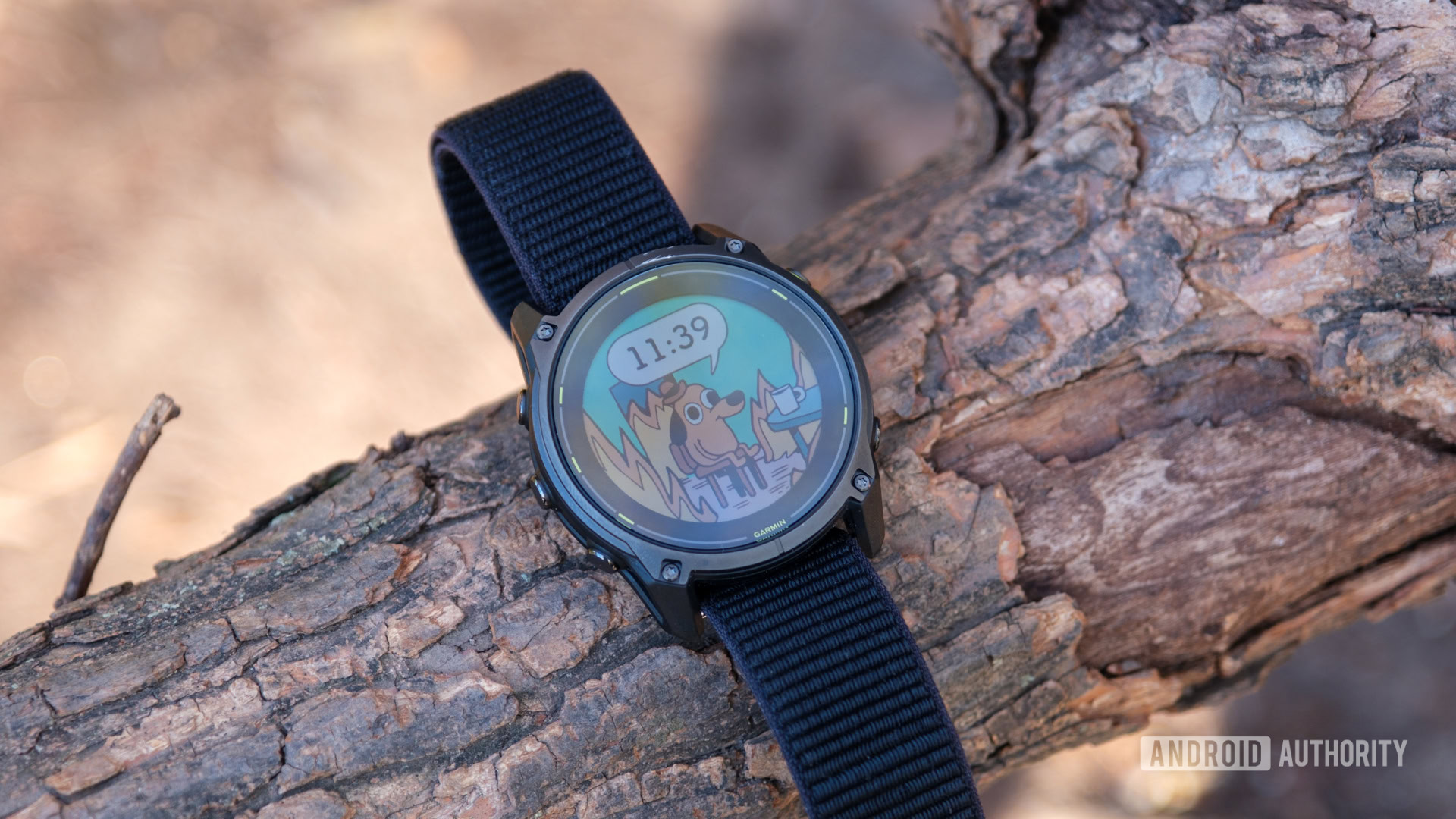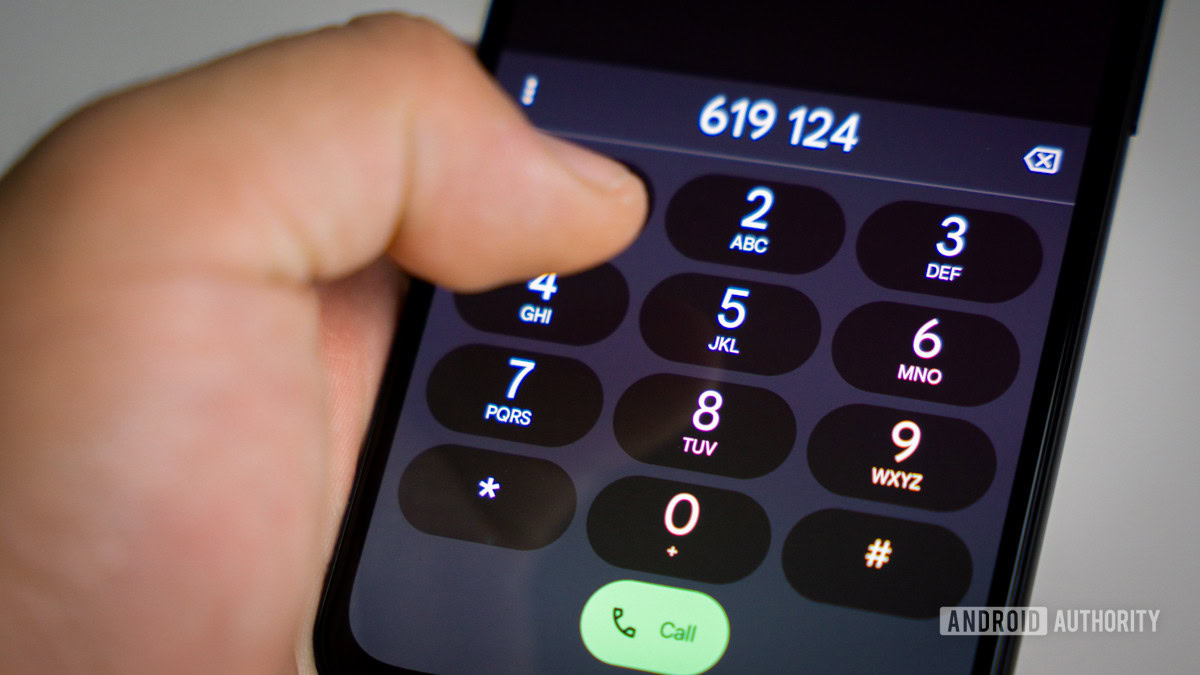Mishaal Rahman / Android Authority
TL;DR
- Google is working on a “charging optimization” page in Android 15 that’ll let Pixel users set a manual charging limit of 80%.
- When enabled, Pixel phones will only charge until their batteries reach 80% of their maximum capacity.
- This feature could help maximize your Pixel phone’s longevity.
Every smartphone will eventually need to have its battery replaced. Exactly how long the battery will last before that has to happen depends on a lot of factors, but one thing users can do to extend the lifetime of their device’s battery is to manage how they charge it. Many smartphone makers help with this by offering battery health features that slow down charging or limit charging once the battery level reaches a certain percentage. Google Pixel phones, for example, have an Adaptive Charging feature that monitors your charging habits and limits charging to 80% until about one hour before the system predicts you’ll unplug your phone. Soon, Adaptive Charging on Pixel phones might be joined by an option to manually cap charging at 80%.
Adaptive Charging was introduced on Pixel phones with the Pixel Feature Drop in December 2020. Initially, the feature would hold the device’s battery at 80% and then slowly charge the device up to 100% before the user’s alarm was scheduled to go off. However, it was updated last year to follow the user’s charging habits instead of their alarms, which made it more useful for users with irregular work or sleep schedules.
While Adaptive Charging alone should be more than enough to maintain the battery life of your Pixel phone, some users may benefit from having an option to manually set the charging limit to 80%. Users or developers who plan to keep their Pixel phones plugged in for days at a time, for example, could benefit from such an option. The Google Pixel Tablet automatically limits charging to 70-80% when the tablet has been docked for several days, but it doesn’t have an option to manually set this limit manually or permanently. With the upcoming Android 15 update, however, Google looks to be adding such an option.
In the latest Android 15 Beta 4 update, I discovered strings within the SystemUI app that suggest the system will soon display a notification telling users to “try turning on the 80% limit feature to protect battery health and lifespan.”
Code
<string name="charge_limit_discovery_notification_enable_button">Enable now</string> <string name="charge_limit_discovery_notification_help_url">https://support.google.com/pixelphone?p=eu_ecodesign_charging</string> <string name="charge_limit_discovery_notification_text">Try turning on the 80% limit feature to protect battery health and lifespan. You can manage this in settings anytime</string> <string name="charge_limit_discovery_notification_title">Protect your battery during charging</string>Since this “80% limit feature” doesn’t exist yet on Pixel phones, I got curious, so I dug a bit deeper and found references to a “charging optimization” page within the SettingsIntelligence app.
According to code within the app, the “charging optimization” page will be located under Settings > Battery and will have a switch to “use charging optimization.” Once enabled, two radio buttons will appear on the page, allowing the user to select either the existing “Adaptive Charging” mode or the new “limit to 80%” mode.
Code
<string name="charge_limit_mode_summary">Your phone will only charge to {batteryLimitLevel}% battery</string> <string name="charge_limit_mode_title">Limit to {batteryLimitLevel}%</string> <string name="charging_optimization_category_key">charging_optimization_category</string> <string name="charging_optimization_footer_adaptive" formatted="false">To extend battery lifespan, Adaptive Charging learns your charging routine and pauses at {batteryLimitLevel}% and finishes to {batteryFullLevel}% an hour before you usually unplug.</string> <string name="charging_optimization_footer_charge_limit">To help extend battery lifespan, your phone will only charge to {batteryLimitLevel}% battery</string> <string name="charging_optimization_footer_key">charging_optimization_footer_preference</string> <string name="charging_optimization_footer_link_description">Learn more</string> <string name="charging_optimization_footer_off">To help extend battery lifespan, turn on charging optimization</string> <string name="charging_optimization_illustration_key">charging_optimization_illustration</string> <string name="charging_optimization_main_switch_title">Use charging optimization</string> <string name="charging_optimization_main_switch_title_charge_limit_only">Limit to {batteryLimitLevel}%</string> <string name="charging_optimization_summary_adaptive">Adaptive Charging</string> <string name="charging_optimization_summary_charge_limit">Limit to {batteryLimitLevel}%</string> <string name="charging_optimization_summary_off">Off</string> <string name="charging_optimization_switch_key">charging_optimization_switch</string> <string name="charging_optimization_title">Charging optimization</string>With a bit of tinkering, I managed to surface the new “charging optimization” page under Settings > Battery, as shown below. Although the “Adaptive Charging” option seems like it’ll be relocated to the “charging optimization” page, its dedicated page under Settings > Battery still showed up for me, though this likely won’t be the case if the new page actually rolls out.
Unfortunately, we don’t know when this “charging optimization” page will roll out nor what Pixel devices it’ll be available on. With the Android 15 stable update right around the corner, this page probably won’t make an appearance on Pixel phones until the first Android 15 QPR update rolls out towards the end of this year. Hopefully when it does roll out, Google adds more manual charging limit options than just 80%, which is something that Apple recently did in iOS 18.
Got a tip? Talk to us! Email our staff at [email protected]. You can stay anonymous or get credit for the info, it's your choice.







 English (US) ·
English (US) ·